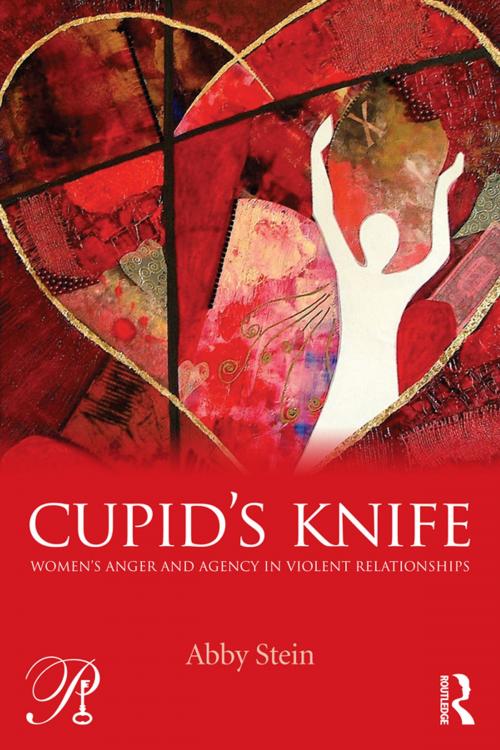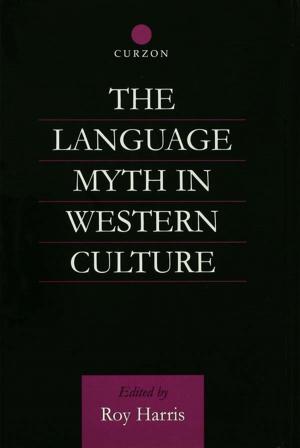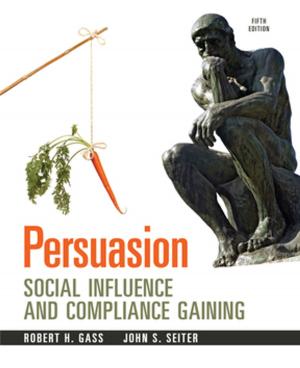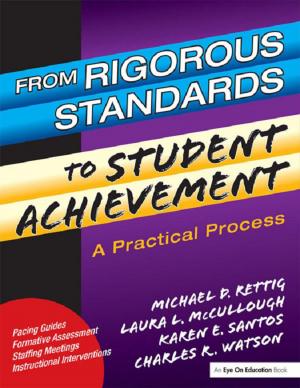Cupid's Knife: Women's Anger and Agency in Violent Relationships
Nonfiction, Health & Well Being, Psychology, Psychoanalysis, Mental Health| Author: | Abby Stein | ISBN: | 9781317963769 |
| Publisher: | Taylor and Francis | Publication: | November 12, 2013 |
| Imprint: | Routledge | Language: | English |
| Author: | Abby Stein |
| ISBN: | 9781317963769 |
| Publisher: | Taylor and Francis |
| Publication: | November 12, 2013 |
| Imprint: | Routledge |
| Language: | English |
Much domestic violence literature has called attention to the fact that women's material needs for shelter, daycare, employment, and legal protection may render them helpless to leave toxic relationships. Yet, even with the provision of these, many women remain tightly wound in their abusers' embrace. In Cupid's Knife: Women's Anger and Agency in Violent Relationships, Abby Stein draws on the gripping narratives of physically and emotionally abused women to illuminate how splitting off their own aggression undermines women's agency, making it almost impossible for them to leave violent partners. Psychology, with its focus on 'managing' men's anger in violent relationships, has had little to offer in the way of substantive critical work with women on the identification, integration and constructive use of a range of darker emotions typically labelled as antithetical to the norms for female behaviour.
In this book, Abby Stein shows that although a number of psychological processes that contribute to the intractability of abusive relationships have been identified – such as trauma bonding and learned helplessness – their recognition has offered no clinical pathway out of the abyss. Stein suggests that our attention to other aspects of the internal world, the relational framework, and the cultural context in which both operate, may be more useful than current interventions in determining individual treatments that break the oft-cited 'cycle of violence'. More globally, Cupid's Knife: Women's Anger and Agency in Violent Relationships jumpstarts a provocative conversation about how female aggression can be repurposed as a catalyst for social change. It will be essential reading for psychoanalysts, psychologists, psychiatrists, sociologists, criminologists, students and the lay reader with an interest in clinical treatment, interpersonal psychoanalysis, domestic violence, gender roles, dissociation and aggression.
Much domestic violence literature has called attention to the fact that women's material needs for shelter, daycare, employment, and legal protection may render them helpless to leave toxic relationships. Yet, even with the provision of these, many women remain tightly wound in their abusers' embrace. In Cupid's Knife: Women's Anger and Agency in Violent Relationships, Abby Stein draws on the gripping narratives of physically and emotionally abused women to illuminate how splitting off their own aggression undermines women's agency, making it almost impossible for them to leave violent partners. Psychology, with its focus on 'managing' men's anger in violent relationships, has had little to offer in the way of substantive critical work with women on the identification, integration and constructive use of a range of darker emotions typically labelled as antithetical to the norms for female behaviour.
In this book, Abby Stein shows that although a number of psychological processes that contribute to the intractability of abusive relationships have been identified – such as trauma bonding and learned helplessness – their recognition has offered no clinical pathway out of the abyss. Stein suggests that our attention to other aspects of the internal world, the relational framework, and the cultural context in which both operate, may be more useful than current interventions in determining individual treatments that break the oft-cited 'cycle of violence'. More globally, Cupid's Knife: Women's Anger and Agency in Violent Relationships jumpstarts a provocative conversation about how female aggression can be repurposed as a catalyst for social change. It will be essential reading for psychoanalysts, psychologists, psychiatrists, sociologists, criminologists, students and the lay reader with an interest in clinical treatment, interpersonal psychoanalysis, domestic violence, gender roles, dissociation and aggression.















